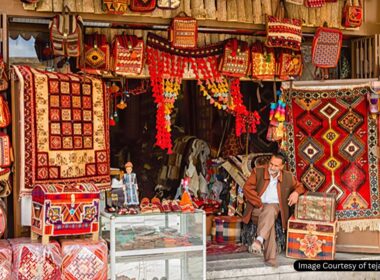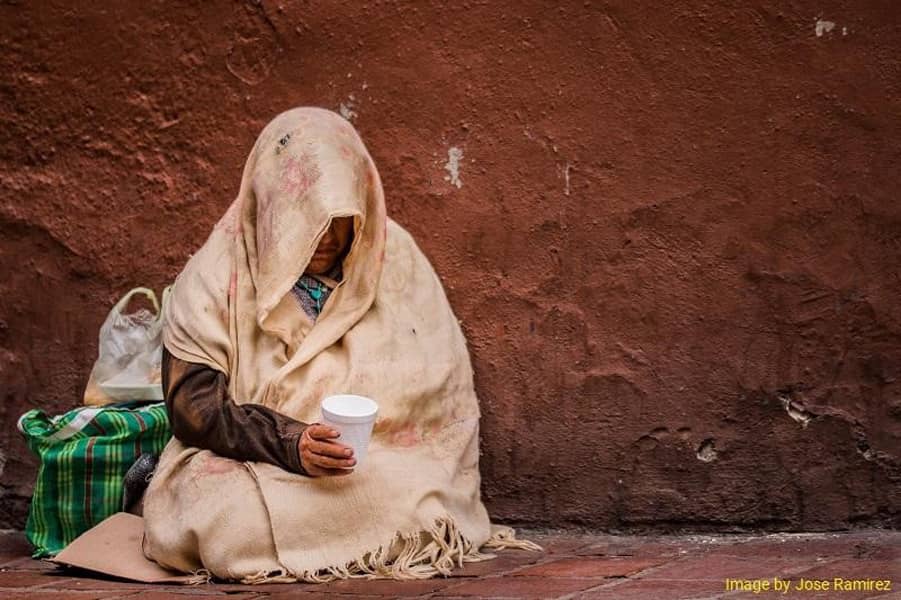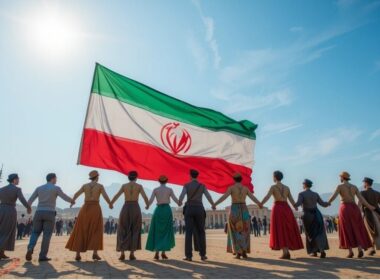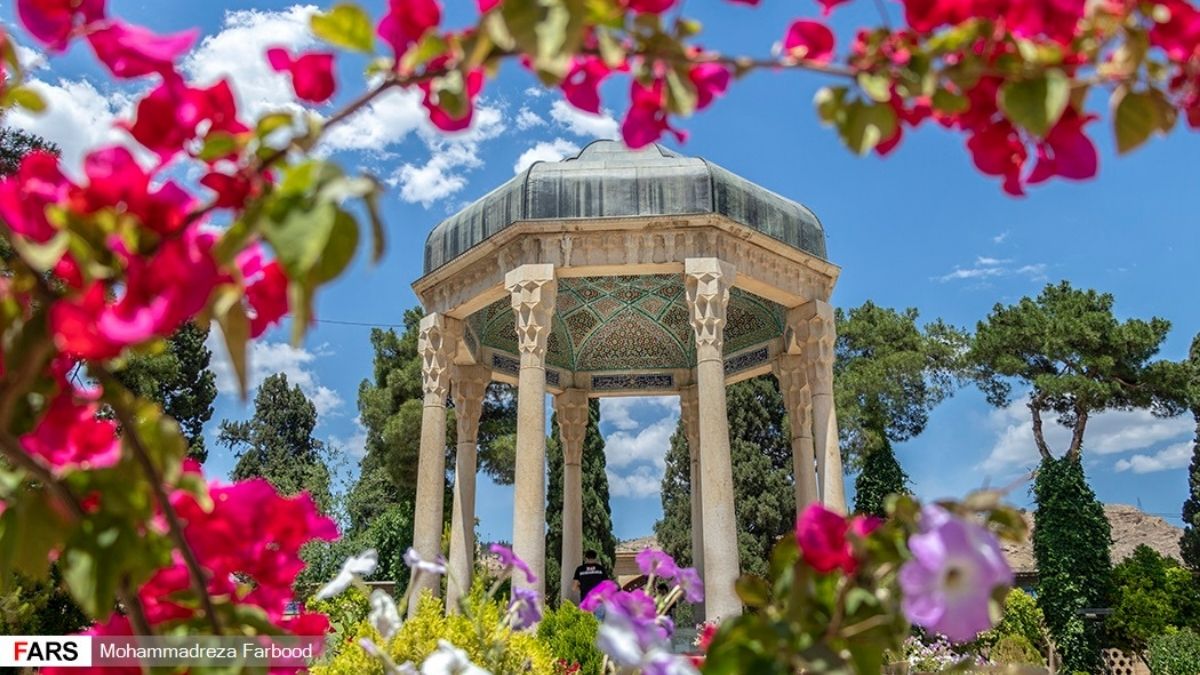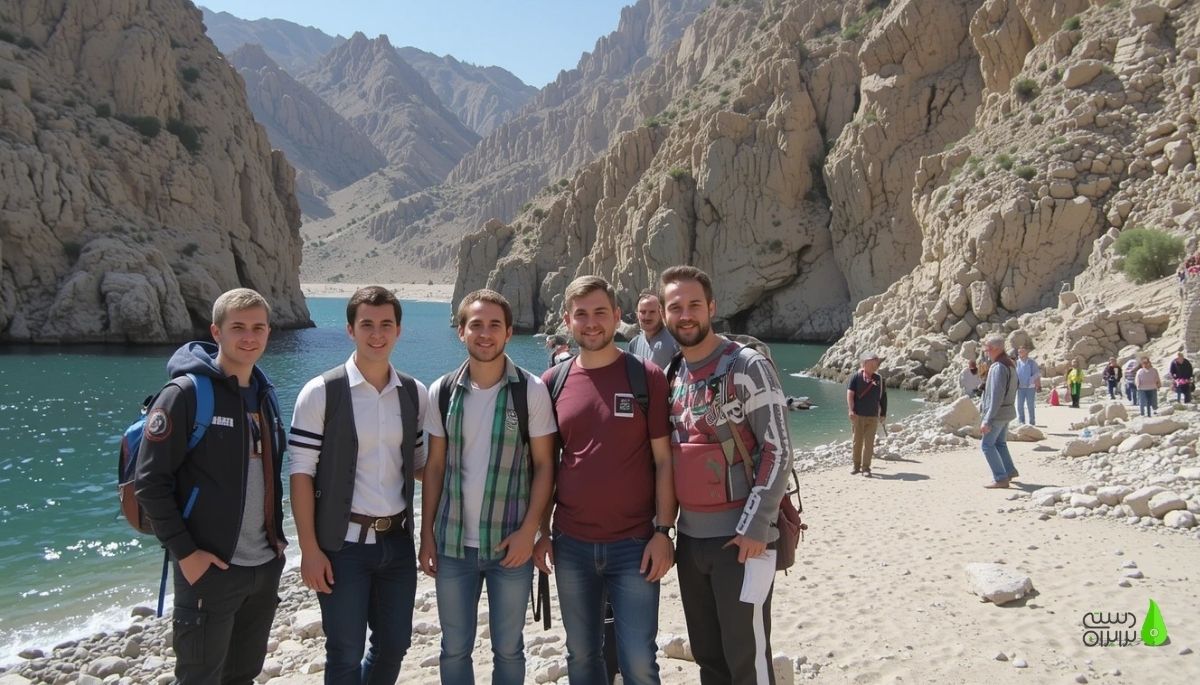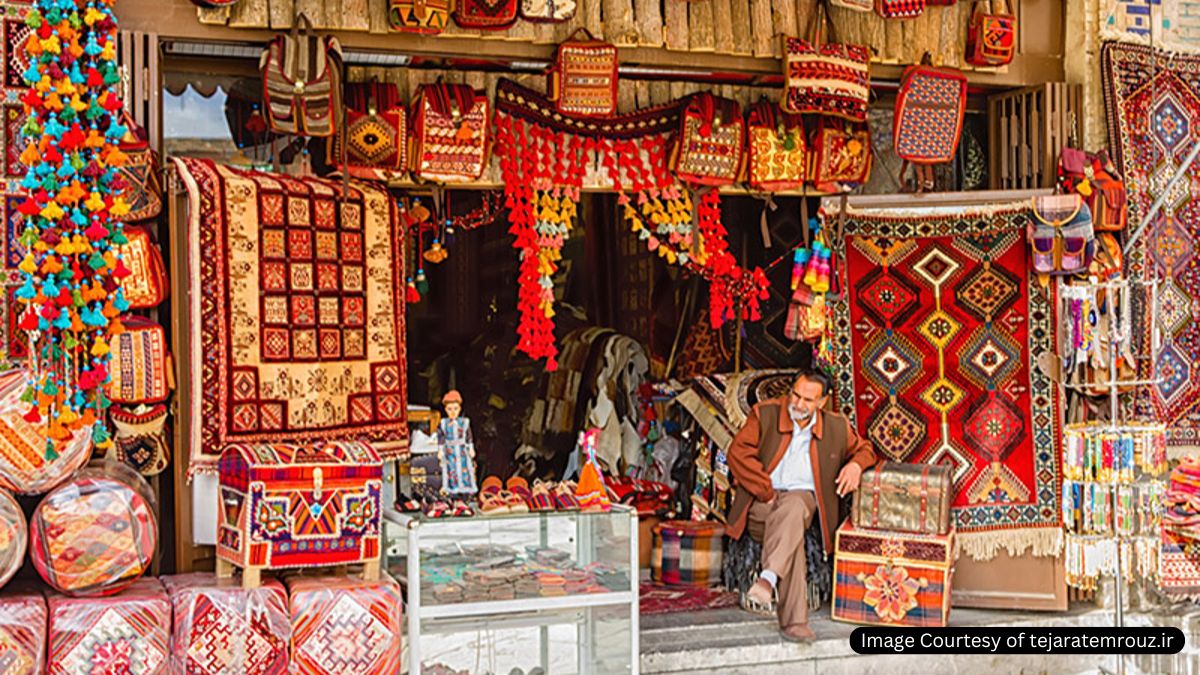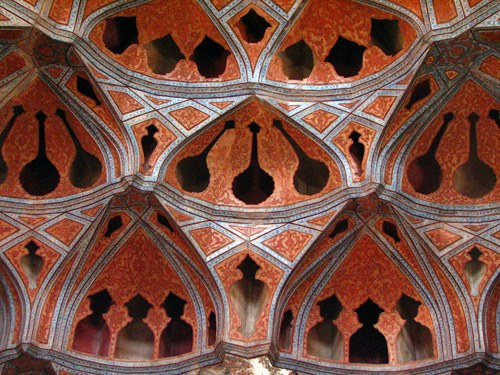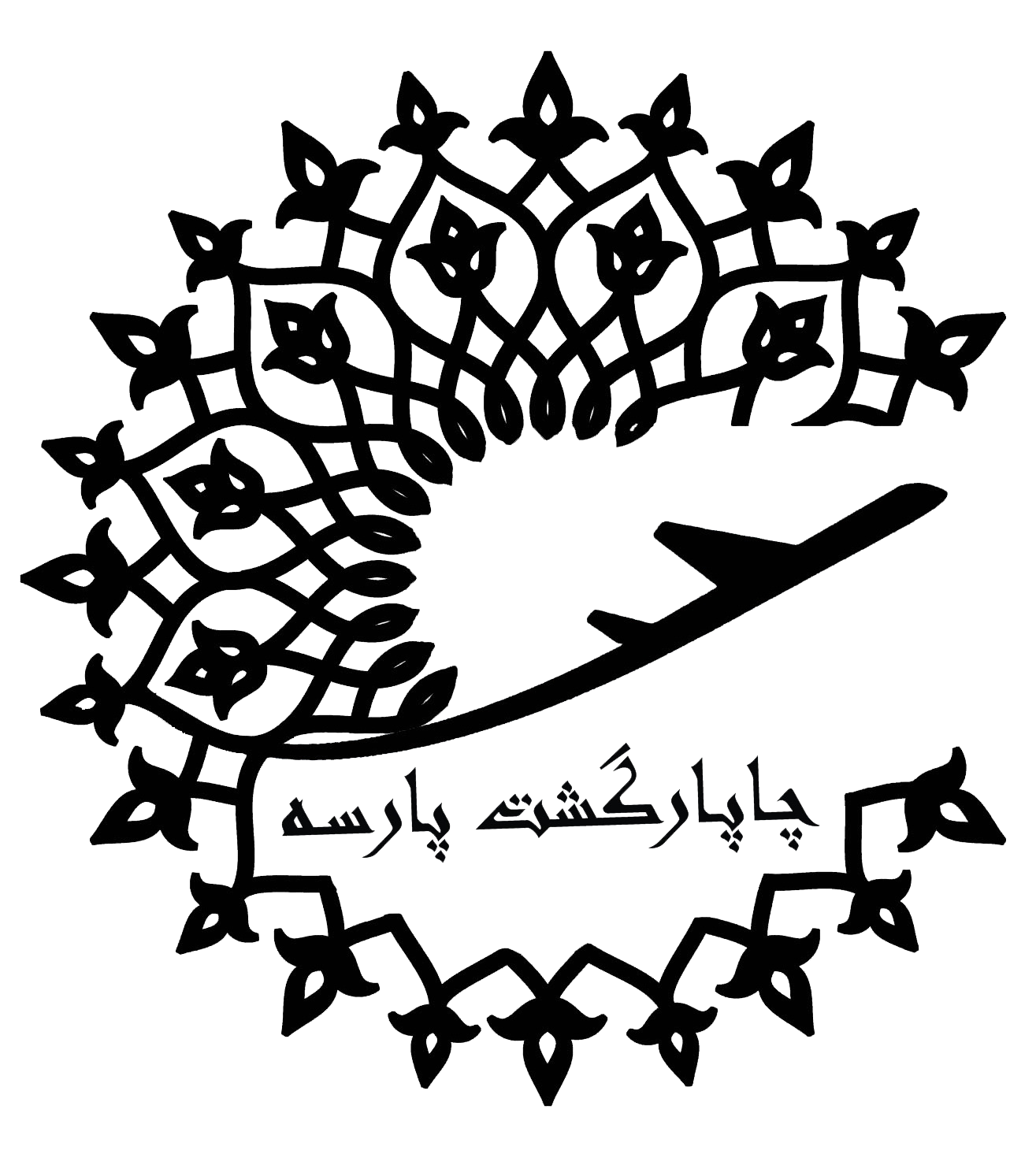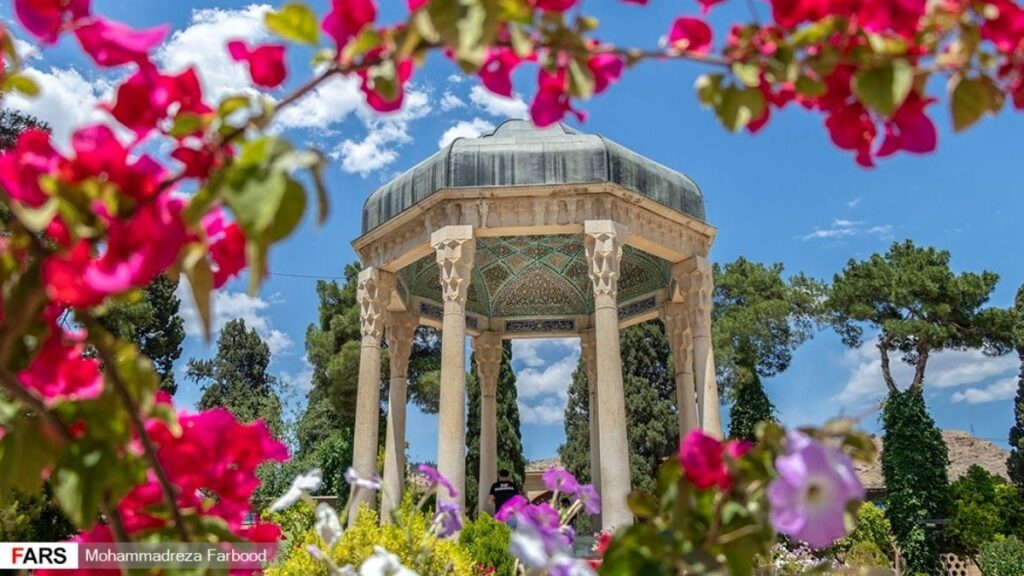
Iran’s landscapes transform dramatically with the seasons, offering travelers two distinct yet equally captivating experiences: the fall vs spring tours. Whether you’re drawn to serene solitude or lively cultural festivities, choosing between fall and spring tours can shape your journey.
This guide compares the tours to Iran in two seasons across weather, crowds, costs, and highlights—helping you pick the perfect time to explore Persia’s wonders.
Iran, The Nation of Four Seasons
Iran is known as a four-season country, which means it experiences the full range of weather changes. Iran’s diverse geography means the weather varies widely. The Caspian Coast stays lush and rainy, while central deserts remain arid. Below is a snapshot of average conditions:
| Region | Fall Temp (°C) | Spring Temp (°C) | Fall Rainfall | Spring Rainfall |
|---|---|---|---|---|
| Tehran | 10–20 | 15–25 | Low | Moderate |
| Shiraz | 12–25 | 18–28 | Very Low | Low |
| Caspian Coast | 8–18 | 10–20 | High | Moderate |
Key Takeaway: Spring brings mild, festival-ready weather, while fall offers crisp days ideal for deserts and forests.
Crowd Levels
- Spring: Packed during Nowruz (March 21–April 2), Iran’s New Year. Hotels and attractions book up months ahead.
- Fall: Quieter post-summer, perfect for crowd-free exploration.
Major Seasonal Events in Iran
- Spring:
Nowruz (March): On the first week of the new solar year, there are nationwide celebrations with family gatherings to usher in a new year.
Golabgiri (Rosewater Festival) (May): Kashan’s rosewater festival, where pink Damask roses perfume the air.
- Fall:
Mehregan (October): Ancient harvest festival with poetry and feasts. It doesn’t create a high crowd level.
Yalda Night: The celebration of the winter solstice and the longest night of the year, when people gather until late at night and share food and partake in festivities.
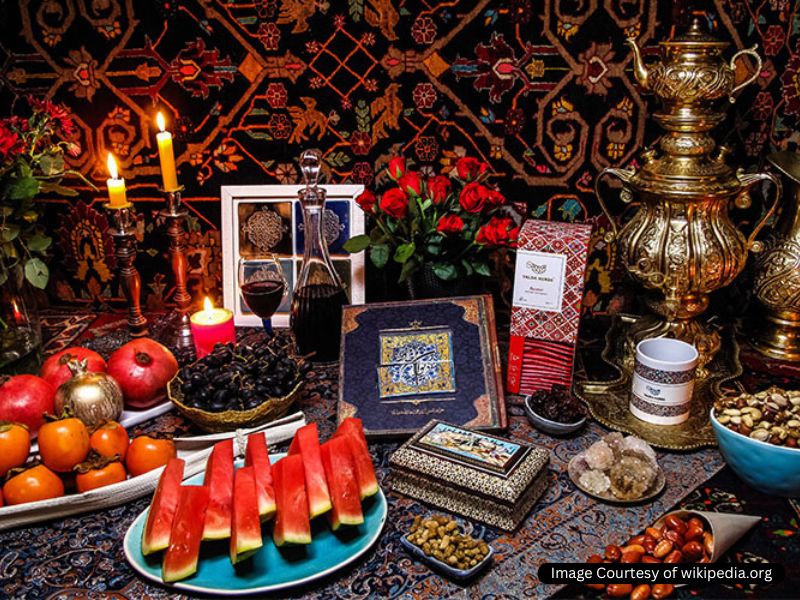
Chaharshanbe Suri: This is originally a Zoroastrian celebration that has changed throughout the years. It now involves a great deal of fireworks and has lost its original customs. However, it is still held in places like Yazd and Kerman with its traditional style.
Spring Tours in Iran
Iran spring tours are favored by domestic and international travelers. The best destinations in the spring are northern provinces like Gulistan, Mazandaran, and East/West Azerbaijan.
Pros & Cons of Spring Travel
| Pros | Cons |
|---|---|
| Blooms in Kashan’s rose gardens | Crowded attractions |
| Festive Nowruz celebrations | Rain in the north (pack a jacket) |
| Ideal hiking in Alborz Mountains | Higher prices during peak season |
Top Spring Destinations
- Kashan: Wander the Kashan Fin Garden and rosewater distilleries in Qamsar.
- Kurdistan: Discover waterfalls and emerald valleys like Palangan.
- Persepolis: Explore ruins comfortably in 18–25°C weather.
Sample 7-Day Spring Itinerary
- Days 1–3: Tehran → Kurdistan
- Hike Zarivar Lake and visit Sanandaj’s bazaars.
- Days 4–5: Isfahan
- Photograph tulips at Chehel Sotoun Palace and the Si-o-se-pol Bridge.
- Days 6–7: Shiraz → Persepolis
- Join spring festivals and picnic in Hafez Tomb’s gardens.
Fall Tours in Iran
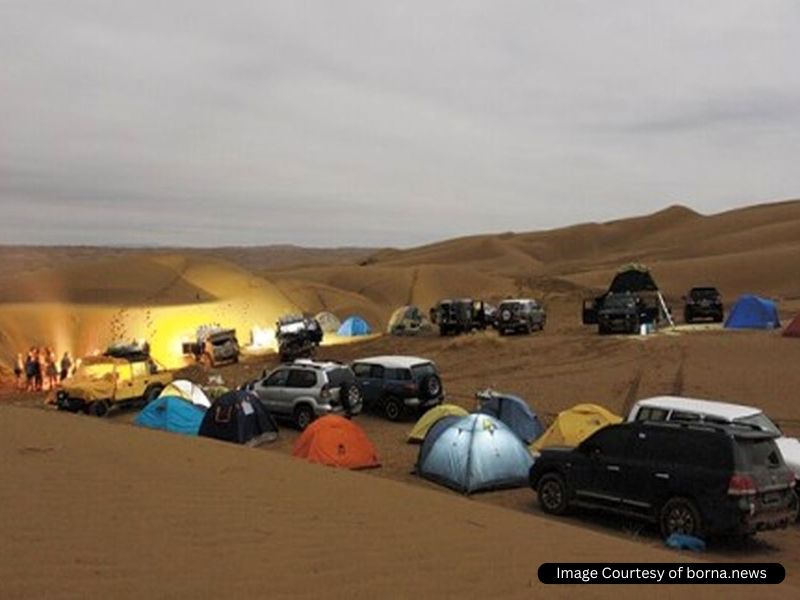
Iran autumn tours are the best window of opportunity to visit Iranian deserts like Dasht-e Kavir and the Lut Desert, and the Persian Gulf islands like Kish and Qeshm.
| Pros | Cons |
|---|---|
| Golden foliage in Gilan forests | Shorter daylight hours |
| Mild desert temps (Yazd, Kerman) | Chilly nights in the mountains |
| Lower prices after peak season | Rain on the Caspian Coast |
Top Fall Destinations
- Caspian Coast (Gilan/Mazandaran): Hike through tea plantations and crimson forests.
- Isfahan: Admire Naqsh-e Jahan Square and historic bridges without the crowds.
- Zagros Mountains: Trek through valleys like Tang-e Chogan, awash in autumn colors.
Sample 7-Day Fall Itinerary
- Days 1–3: Tehran → Caspian Coast
- Explore Masooleh Village and Alamut Castle.
- Days 4–5: Isfahan
- Visit UNESCO sites and stroll the Zayandeh River at sunset.
- Days 6–7: Shiraz → Persepolis
- Tour Eram Garden and the ancient Achaemenid capital.
Fall vs. Spring: Direct Comparison
| Factor | Fall | Spring |
|---|---|---|
| Weather | Cool, dry days; cold nights | Mild with occasional rain |
| Crowds | Minimal | Busy during Nowruz |
| Prices | 10–20% cheaper | Peak rates |
| Highlights | Foliage, desert tours | Flowers, festivals, mountain hikes |
How to Prepare for Your Tour
Fall Preparation Tips
- Pack: Layers, a warm jacket, and waterproof gear for the Caspian region.
- Book Early: Secure hotels in Gilan or Mazandaran by September.
- Pro Tip: Visit the Maranjab Desert near Kashan for sunset camel rides.
Spring Preparation Tips
- Pack: Allergy meds, a light raincoat, and sunscreen.
- Book Early: Reserve Nowruz tours 3–6 months ahead.
- Pro Tip: Time your trip with Kashan’s Rose Festival (early May).
Book an Iran Tour Today
Whether you chase spring’s blossoms or fall’s golden tranquility, Iran dazzles year-round. Budget travelers and solitude-seekers may prefer fall’s crisp days, while festival lovers and hikers will thrive in spring. Align your trip with your priorities—and prepare to be enchanted by Persia’s timeless beauty.
Frequently Asked Questions
If you have any other questions about tours to Iran, please let us know in the comments. We will respond as soon as possible.
What is the best season to travel to Iran?
Because of Iran’s variable climates, it depends on your destination. Traveling to northern regions in the spring is better, while southern cities have better weather during the fall and winter.
Which season is cheaper, fall vs spring tour?
Fall offers lower prices on flights and hotels after summer.
What is the best season for hiking in the Iranian mountains?
Spring (Alborz) for wildflowers; fall (Zagros) for cooler trails.
When is the best time for photography in Iran?
Spring for Kurdistan’s waterfalls; fall for Yazd’s golden deserts.


